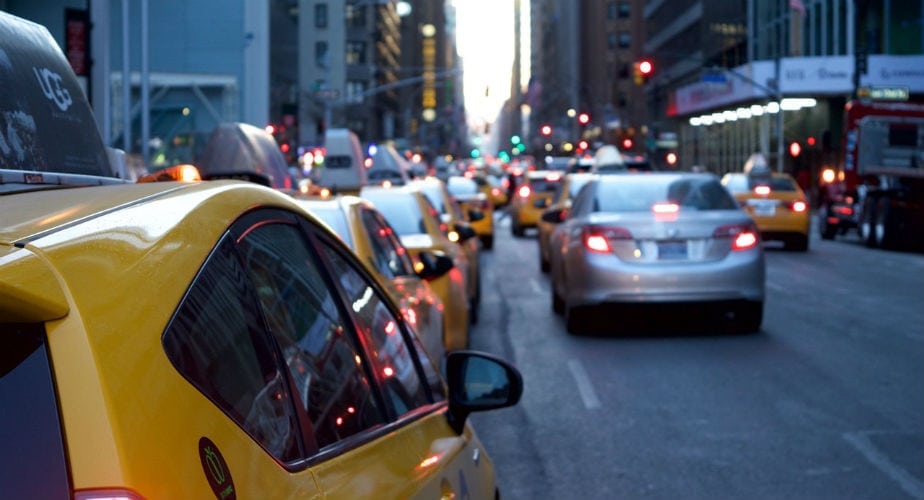There are some cities around the globe which have and are making the turn towards a car-less city.
So, what does a car-less city entail?
What a car-less city means is that it is a city where privately owned vehicles will no longer be welcomed within the city hubs. Bicycle lanes replace the alternate modes of transport available to citizens within car-less city centers, along with pedestrian hubs and public ways of transportation like electric busses, moving sidewalks, subways and train services.
The need for car-less cities has grown tremendously in the last decade. Where once the population of the worlds largest cities was dwindling as residents fled for the suburbs, now more and more people are moving back to the Cities. As the population increases, it is creating a massive headache of inner-city traffic congestion, and rising pollution levels in the air. All these factors only detract from any citizens quality of life and are being tackled by city planners the world over.
Let’s take a look at some of the city’s that have decided to go a car-less route.
- Paris
Parisians have been living with high levels of smog in their inner-city hubs for years. Still, the city is planning on a massive project to increase the number of bicycle lanes and incentivizing the adoption of hybrid and electric vehicles. The hope is this will be a decisive move towards creating a less car-driven city in general.
- Milan’s Car-less Incentives
Milan has got to be the most progressive and innovative city to date, judging from how Milan chooses to incentivize their citizens into leaving their cars parked at home by offering a free public transport voucher, which is available to every citizen of the city in exchange for them choosing to go car-less that specific day.
- Madrid
Car-free zones pepper the streets of Madrid, a city that was built many years before the advent and popularity of automobiles. Madrid is planning on ending the use of cars in some areas and allowing only residents to drive their vehicles in others.
So, what does all this means for the mobile industry, you may wonder?
Well without having to worry about driving and navigating one’s way through the inner-city gridlocks, a car-less city could very well offer the ease of being able to hop on and hop off via public transport hubs. The destination of these well-planned out public transportation hubs are located via the use of a simple mobile app, which provides the location, time and schedule of public transport alternatives.
Once on-board the public mode of transport, this would then open up a whole new world of mobile usability. While commuting on these publicly provide methods of transportation, commuters could readily access their different mobile gaming apps and portals, as there will be ample time and opportunity to immerse themselves in any of their favorite pastimes and games. So it would not be uncommon for a commuting individual in these car-less cities to readily access their gaming account and enjoy a game or two at Party Casino, just to mention one such mobile gaming app available online. Being able to get one’s fun & games on while also having enough time to reach your destination is indeed a major plus when it comes to mobile uses and living in a carless city reality.
Another way that the mobile industry could be affected by the prospect of a car-less city would be the opportunity for payment portals to be linked to one’s mobile device, as a means to effectively, effortlessly and efficiently streamline the increase in the use of public transportation.
All in all, a car-less city seems the inevitable way forward for any city in the future. Even if the concept of total car-less-ness is not in the cards for any given city, there will no doubt be ‘car-free zones’ proposed within the more congested areas of that particular city in question. This way, curbing the major inner-city issues of smog and congestion.
Perhaps Europe has the correct mindset when it comes to tackling these inner-city woes, something city planners and citizens alike should take into consideration moving forward.










